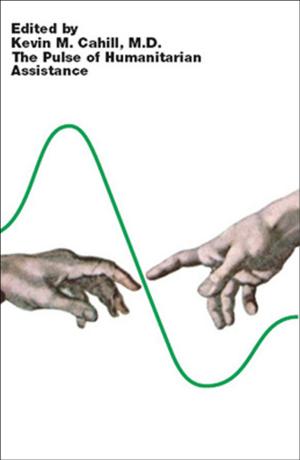A Weak Messianic Power
Figures of a Time to Come in Benjamin, Derrida, and Celan
Fiction & Literature, Literary Theory & Criticism, Jewish, Nonfiction, Religion & Spirituality, Philosophy| Author: | Michael G. Levine | ISBN: | 9780823255122 |
| Publisher: | Fordham University Press | Publication: | November 11, 2013 |
| Imprint: | Fordham University Press | Language: | English |
| Author: | Michael G. Levine |
| ISBN: | 9780823255122 |
| Publisher: | Fordham University Press |
| Publication: | November 11, 2013 |
| Imprint: | Fordham University Press |
| Language: | English |
In his famous theses on the philosophy of history, Benjamin writes: “We have been endowed with a weak messianic power to which the past has a claim.” This claim addresses us not just from the past but from what will have belonged to it only as a missed possibility and unrealized potential. For Benajmin, as for Celan and Derrida, what has never been actualized remains with us, not as a lingering echo but as a secretly insistent appeal. Because such appeals do not pass through normal channels of communication, they require a special attunement, perhaps even a mode of unconscious receptivity. Levine examines the ways in which this attunement is cultivated in Benjamin’s philosophical, autobiographical, and photohistorical writings; Celan’s poetry and poetological addresses; and Derrida’s writings on Celan.
In his famous theses on the philosophy of history, Benjamin writes: “We have been endowed with a weak messianic power to which the past has a claim.” This claim addresses us not just from the past but from what will have belonged to it only as a missed possibility and unrealized potential. For Benajmin, as for Celan and Derrida, what has never been actualized remains with us, not as a lingering echo but as a secretly insistent appeal. Because such appeals do not pass through normal channels of communication, they require a special attunement, perhaps even a mode of unconscious receptivity. Levine examines the ways in which this attunement is cultivated in Benjamin’s philosophical, autobiographical, and photohistorical writings; Celan’s poetry and poetological addresses; and Derrida’s writings on Celan.















